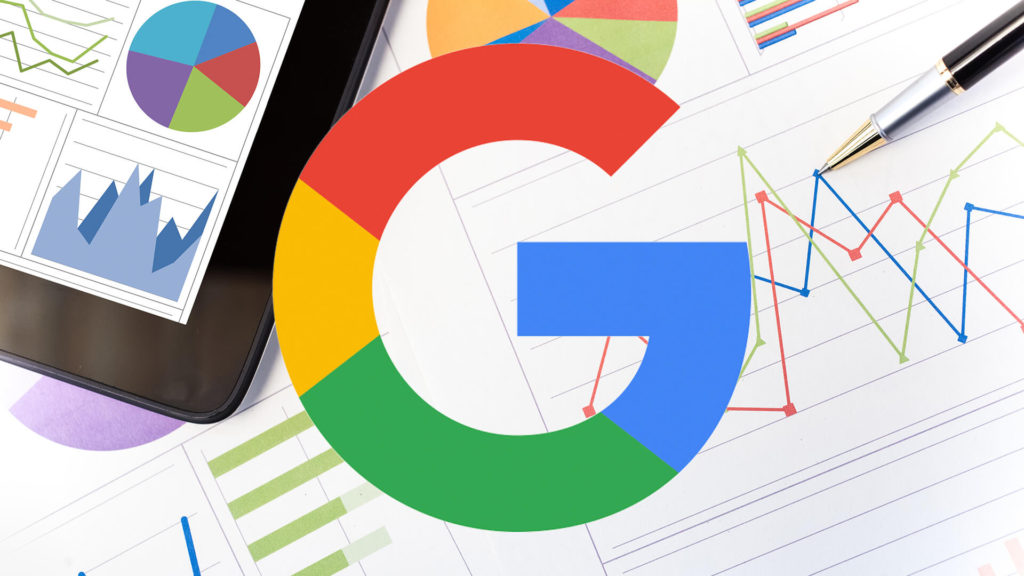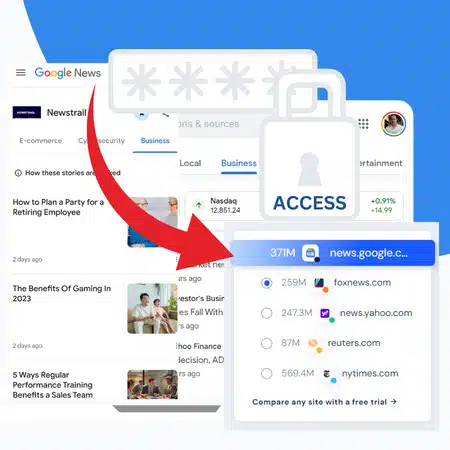Campaign manager hate them, but they can’t avoid them, but PPC reporting is an obligatory. Producing an easy to grasp report that contains tons of data might not excite you if you have to be the one that has to compile it. Still, PPC is part of a bigger digital marketing strategy. It is against this context that this report will provide recommendations for future PPC campaigns.
The following is a collection of 7 of the best PPC reporting advice tips.
1 Set your goals
A PPC campaign, to win, needs an actionable and attainable goal to remain focused. But there is more to then just having a goal, you should think through your goal to the point of tracking metrics. When you select your metrics or segments of data (e.g. CPA, conversion) which will provide you with insights and inform you if you campaign is working or failing. If you do this, you will not only optimize for efficiency, but also create a clear direction for your campaign. Failing to do so, can lead that you will need to report on everything, so limiting and keeping focus on the important things will save you time.
You should edit your data that you want to include in your report. Muse over the fact, your client wants accurate, vital gen and not the life story of the campaign. So keep that in mind when you select your Key Performance Indicators (KPIs) to include in your report. Make sure that your KPIs are relevant, relaying the most essential information and that it’s presented in an easy digestible way.
2 Start
As clients might just want to see the bare-bone essentials, a short summary of the report might be good. This is also true if your client, which lacks an understanding of marketing jargon, an easy to understand point of reference will be useful to guide them through the report.
Add highlights by including your metrics and mention the important trends. After that you can go into more detailed analysis.
3 Map the customer journey
You should not just mention the clicks and impressions, but you should provide insights into customer behavior. That is since an engaging PPC ad will draw the customer onto the landing page, but you should ask what keywords brought them there, are they bouncing away; that will lead you to what is impacting search and leading to conversions. Your clients will value these, as it provides more perceptions about their own business. But also, mapping the customer journey will allow you to optimize your yet to come PPC campaigns.
4 Your report should tell a story
You should use a story telling technique to present your PPC report. If you place your report in a narrative, it will allow your client to grasp it better. But what you should do it let the important information stand out by not having them need to search for it, as well as letting them understand it easy.
A simple narrative would be:
Using simple storytelling techniques can do wonders when presenting a PPC report. Again, a lot of clients don’t have the background to understand the nitty-gritty. By crafting a narrative for your report you can ensure that they’ll follow along throughout. One key strategy is to present the client information that they won’t immediately find in the actual report. Think of yourself as a storyteller, filling in the gaps and explaining the overarching plot. While you spin the story, the report is like pictures to go along with the words.
• Beginning: key highlights; the campaign goals; metrics from past campaigns
• The problem: obstacles that needed to be overcome; challenges to the campaign’s goals
• Solution: how the problems were fixed; strategies used to optimize the campaign
• Learnings: final metrics; how the campaign can be improved; what new data can be used to optimize in the future.
Structuring your report in a storytelling way not only breaks the thoughts up in different sections, but you can make it more engaging for the reader. The idea is not to bore a reader, but to provide them with useful and detailed information.
5 Keep your eye on Google Click ID
Globally unique tracking parameter (GCLID, aka Google Click ID) which is used by Google to pass information back and forth between Google AdWords and Google Analytics, can screw your conversion metrics. That is since GCLID is a piece of data in the URL that an analytics service usages to correlate a user’s session with an initial click. Normally, if you’re auto tagging your URLs, this won’t be an issue. But, if you’re manually tagging or using a website URL that relays, the GCLID can drop off. Making certain the AdWords URL and the website URL are the similar can typically avoid this problem. You can check in Google Analytics or whatsoever service you are using. Make sure you do, or else your report may not have the best precise metrics and it may seem like your campaigns are floundering.
6 Take your time when you are sending your reports
Careful about sending out reports in too short intervals. That is since conversion take time. You can’t just send them reports indicating the clicks, but rather show your client the customer journey. By having a decent time lapse between clicks and a conversion occurs, it will show a truer picture. Just remember that some sale cycles may last months or even years. A PPC report, therefore, will at times show a disproportionate number of clicks versus conversions. But do make sure you have precise information.
7 Reporting on the past
Although you should provide your client with a concise report on their PPC campaigns, you should also add in the information gained throughout the campaign period. These are the insights you have observed, and these are the ones that will be of value to your client. Your recommendations thus should state what needs to changed or even removed from the PPC campaign. Just remember that you are the PPC expert, you should guide your client with confidence through your report, lending them to success and an improved PPC campaign.
To conclude, PPC reporting can be tricky, especially if you lack the skill, or the company does how have a dedicated team to manage it. Communicating what is needed in an effective and clear manner might also be problematic. It is thus best to approach an expert to aid in this process. One such marketing agency is that is Adriaanbrits.com. This company is an example of a marketing agency that does provide transparent reporting to keep clients informed each step of the campaign lifespan.








